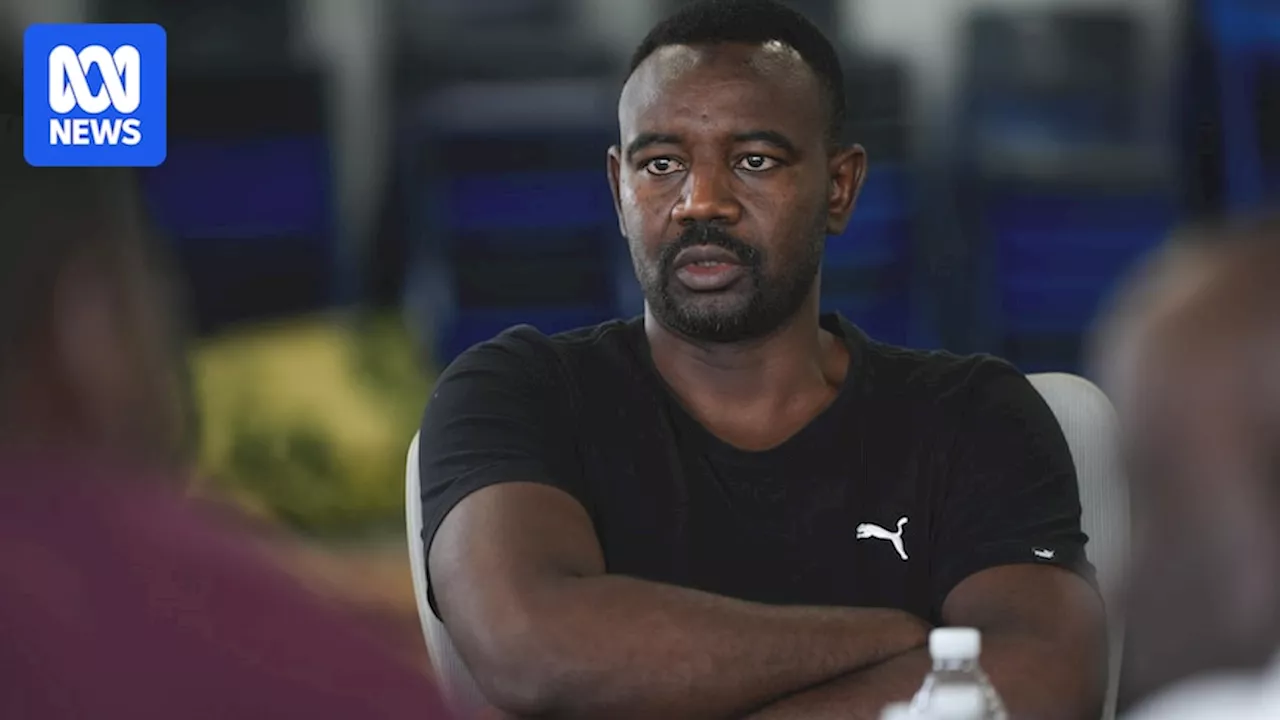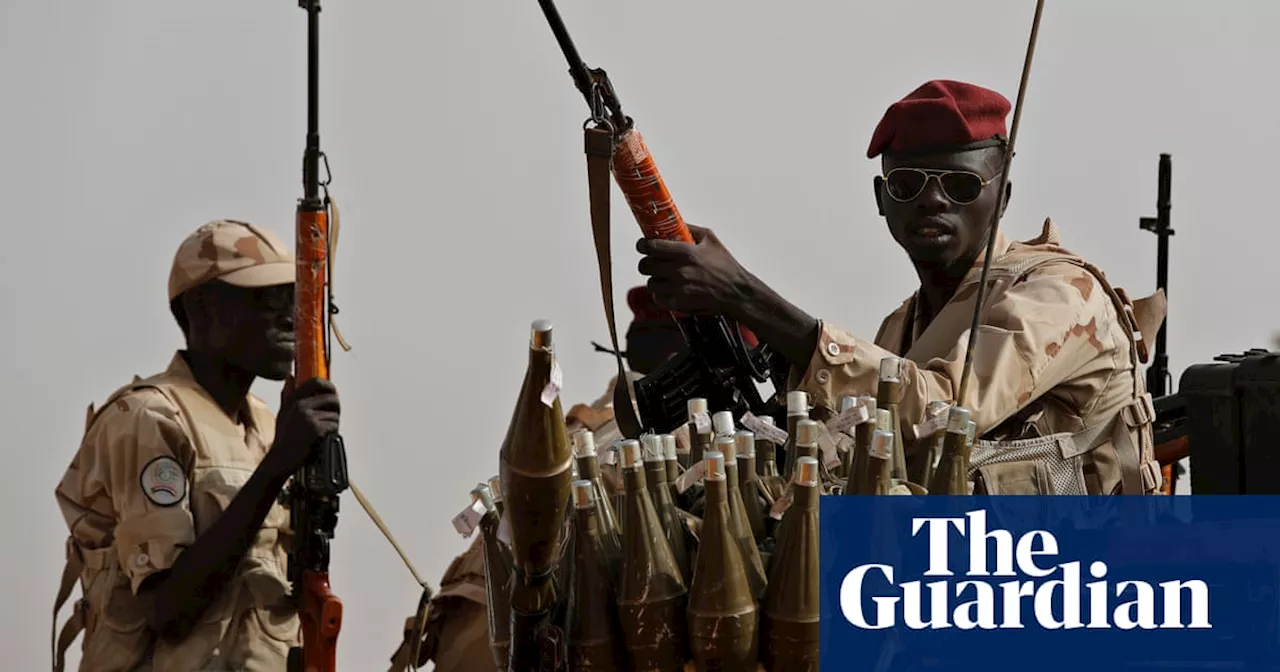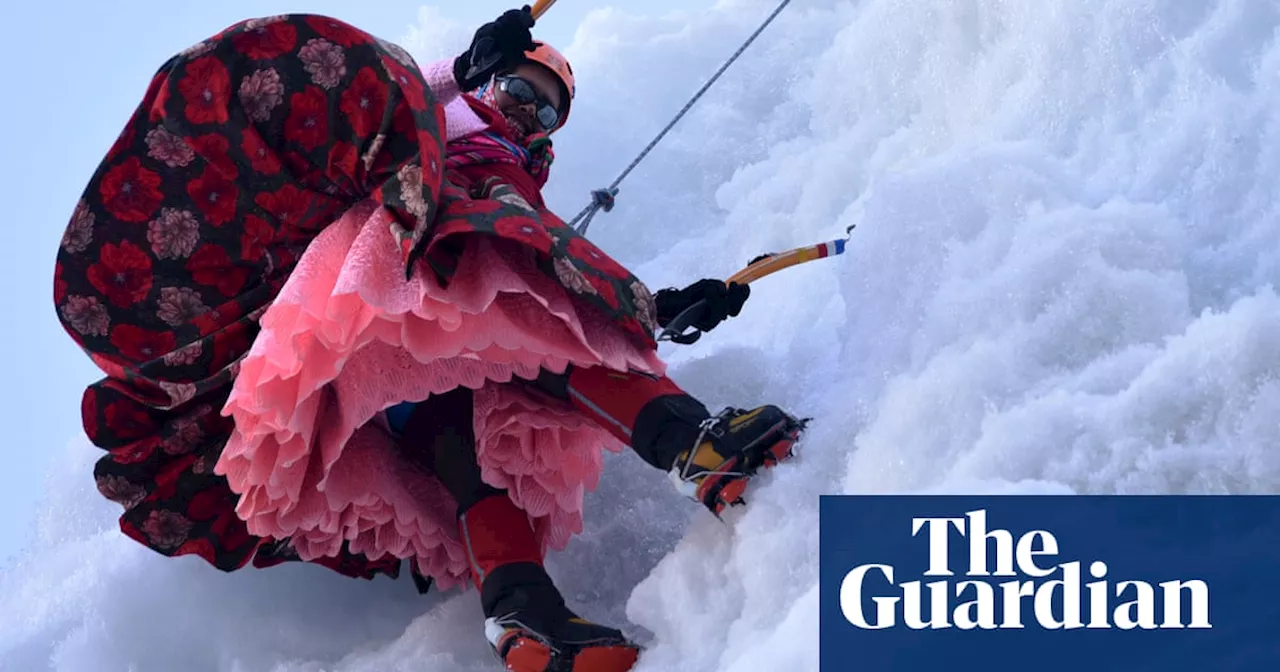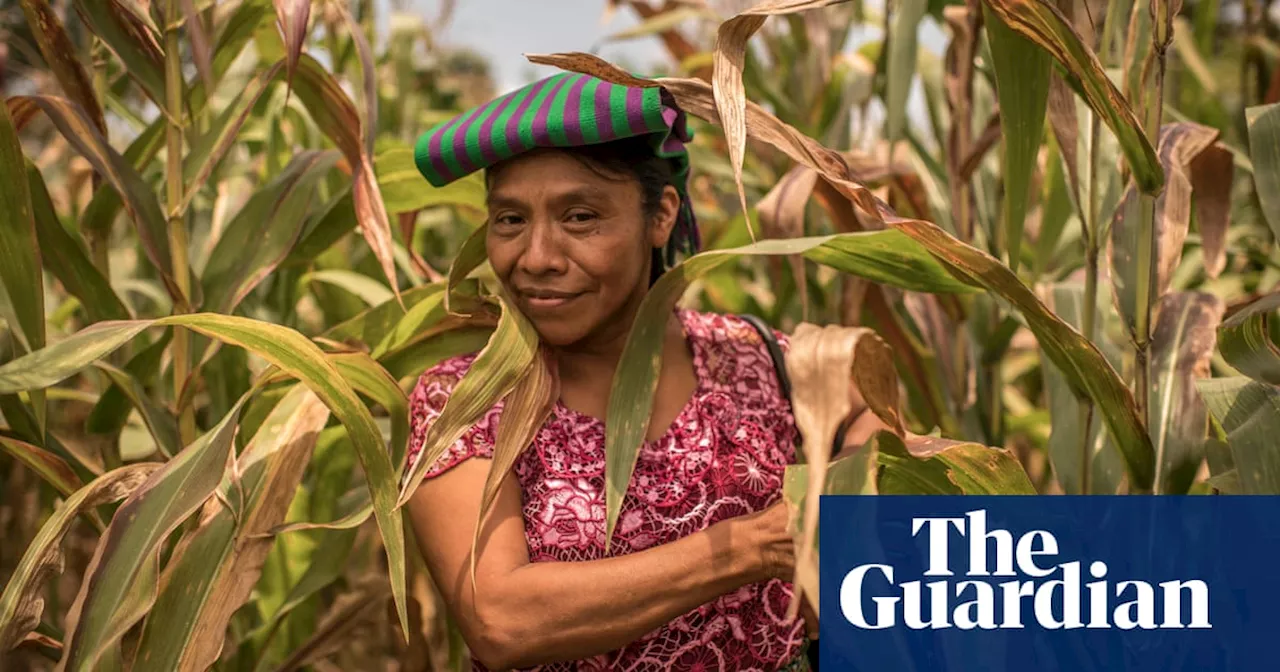This article highlights the resilience of a Sudanese mother, Nadifa Ismail, who fled her home due to the brutal conflict in Darfur, and contrasts it with the under-taught history of Kenya's political repression during Daniel arap Moi's regime.
From those performing extraordinary acts in times of war to the woman changing views of children with disabilities, these people gave us hope in a tumultuous yearShe strode across the border, back straight, face raised towards the burning sky. A soldier from Sudan’s paramilitary Rapid Support Forces (RSF) turned towards her. Nadifa Ismail slowed, staring him straight in the eye. Weeks earlier, the RSF had executed her only son, burned down her home, raped her friends.
She kept looking at the man and his gun. The man, eventually, backed off. The mother and her five daughters had been walking for weeks, hiding from RSF kill squads, until reaching the border with Chad. The last thing she needed was a Guardian reporter harassing her. Yet Ismail ducked no question,Photograph: Mark Townsend/The Guardian “I have to speak. The world has to know what is happening in there,” she said, gesturing towards Darfur, the vast region of west Sudan where her home once stood. Her eagerness to help, her indefatigability, her determination to keep going, encapsulated not only the instincts of a mother, but also the millions of Sudanese whose lives have been flipped upside down by its brutal conflict. War is often about ordinary people enduring extraordinary events and, in my mind, 10 months on from our meeting, Ismail embodies the greatest humanitarian crisis on the planet. Sadly she had no phone, so I am unable to offer an update on Ismail’s plight. Instead, I fantasise that one of her daughters will one day return to rule Sudan and, like her mother, stare down the men with guns until they go away.for the Kenyan government to memorialise Nyayo chambers, the underground cells where people opposed to the autocratic rule of Kenya’s second and longest-serving president, The brutal crackdown on political dissidents and activists during Moi’s rule, at its height between 1986 and 1992, is one of Kenya’s darkest periods yet it is barely taught in school
Conflict History Activism Courage Sudanese Conflict Darfur Nadifa Ismail Daniel Arap Moi Nyayo Chambers Kenya Human Rights Political Repression
Australia Latest News, Australia Headlines
Similar News:You can also read news stories similar to this one that we have collected from other news sources.
 Sudanese community in Western Sydney fear loved ones subjected to ethnic violence in displacement campsA community in Western Sydney is warning a major development in Sudan's brutal civil war could lead to their loved ones sheltering in displacement camps being subjected to ethnic violence.
Sudanese community in Western Sydney fear loved ones subjected to ethnic violence in displacement campsA community in Western Sydney is warning a major development in Sudan's brutal civil war could lead to their loved ones sheltering in displacement camps being subjected to ethnic violence.
Read more »
 The curious case of South Sudanese streets named after Australian rugby league greatsDarren Lockyer Road, Mal Meninga Drive, Arthur Beetson Way… either the game has really taken off in Juba, or someone’s having a laugh. We launched an investigation to find out
The curious case of South Sudanese streets named after Australian rugby league greatsDarren Lockyer Road, Mal Meninga Drive, Arthur Beetson Way… either the game has really taken off in Juba, or someone’s having a laugh. We launched an investigation to find out
Read more »
 Airstrike on North Darfur market kills more than 100, says Sudan lawyers’ groupHundreds injured in Sudanese military attack in Kabkabiya during town’s weekly market day, group says
Airstrike on North Darfur market kills more than 100, says Sudan lawyers’ groupHundreds injured in Sudanese military attack in Kabkabiya during town’s weekly market day, group says
Read more »
 Will Gisèle Pelicot’s courage spell the end of rape victims being put on trial?Although the French court case represents a watershed for women, reform of justice systems is vital
Will Gisèle Pelicot’s courage spell the end of rape victims being put on trial?Although the French court case represents a watershed for women, reform of justice systems is vital
Read more »
 Climbing Mountains and Bearing Witness: Stories of Courage and HopeThis article highlights two individuals - Cecilia Llusco, a Bolivian mountaineer, and Motaz Azaiza, a Palestinian photographer - who demonstrate extraordinary resilience and courage in the face of adversity.
Climbing Mountains and Bearing Witness: Stories of Courage and HopeThis article highlights two individuals - Cecilia Llusco, a Bolivian mountaineer, and Motaz Azaiza, a Palestinian photographer - who demonstrate extraordinary resilience and courage in the face of adversity.
Read more »
 French Woman's Courage Exposes Systemic Sexual Abuse in FranceGisèle Pelicot's bravery in refusing anonymity after enduring years of abuse by her husband has sparked a reckoning in France. Her case highlights the prevalence of sexual assault, particularly within relationships, and the need for societal change.
French Woman's Courage Exposes Systemic Sexual Abuse in FranceGisèle Pelicot's bravery in refusing anonymity after enduring years of abuse by her husband has sparked a reckoning in France. Her case highlights the prevalence of sexual assault, particularly within relationships, and the need for societal change.
Read more »
